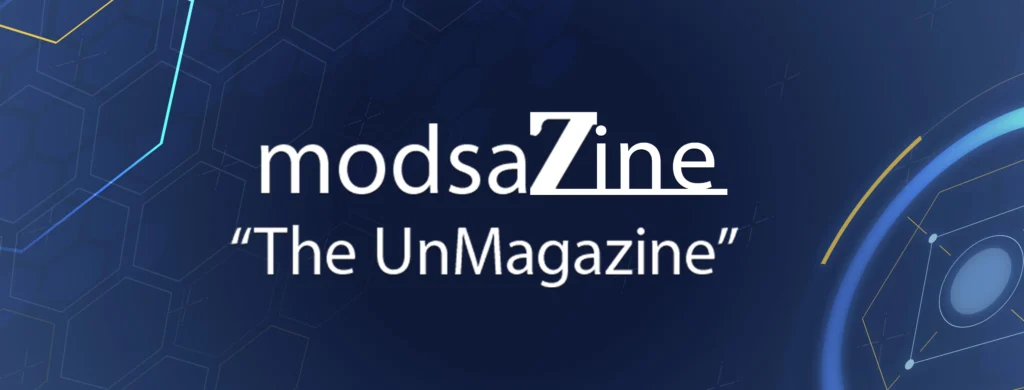At the best of times, debates around the kitchen table can be uncomfortable. At election time, when political tensions feel to be at an all-time high, many want to avoid the difficult subjects altogether or cut ties after heated interactions about hot topics (online or otherwise). Can people communicate about these important and timely issues in more mindful, healthy ways? Is there a way to discuss polarizing topics in a less-than-polarizing manner?
Mindful communication, whether about politics or anything else, is not about having no opinion or never feeling uncomfortable. Discomfort is often a part of the process, and yet at the same time, mindful communication does not require that we engage in any and all discussions.
Communicating in more mindful ways about politics especially is simply about paying attention to how you relate to the other person in the exchange. It is simply an invitation to consciously consider:
What might I want to bring with me to the table?
How am I approaching this and is there a different way?
What nourishing things can I do when tensions run high?
Tips for Hard Conversations
Whether you engage in political debate online, at dinner, or somewhere in-between, there are a handful of practices and insights you can consider to maintain a sense of peace or at least to make peace possible. Consider the following during your next political debate or difficult conversation.
Remember that we share our humanity
Remaining mindful of our shared humanity is one of the most important insights that we can connect with when discussing difficult topics. It is something that is easy to forget, but at the end of the day, we all long for the same things: to be loved, to be safe, and for our loved ones to be loved and safe. When you are mindful of shared humanity, you are more likely to be curious about why another person holds the views that they do rather than jump to judgments or condemnation. If you are in the midst of a heated debate, take an inward pause by tuning into the heart space and reconnecting with the capacity for compassion despite our differences.
Consider what motivates views and beliefs
Where you grew up, the types of parents you had, and the obstacles and opportunities you encountered along your life journey all influence the views and beliefs you hold. It’s easy to forget this, mistaking your own perspective to be universal and your personal experiences to be indicative of an absolute truth. Due to life’s complexity, this isn’t the case. As you become more curious about what makes others think the way they do, consider the journey and experiences that have led someone to hold differing views to our own.
Take breathing breaks
Breathing breaks can happen wherever you are. If you are seated around the table, you might take a quiet moment to soften your belly and notice your breath’s flow. Take a longer pause by heading to the bathroom. If you are communicating online and the conversation is heated, remember that you don’t need to respond right away and by taking a longer pause before getting back to the keyboard, you allow time for strong emotions to settle and greater clarity and compassion to enter through your responses.
Take the debate offline
Talking about politics online leaves plenty of room for misinterpretation, little room for nuance, and risks forgetting that shared humanity. If you find yourself in a heated debate with someone you know and who you can trust, consider proposing a conversation over the phone or in-person instead. This can help you to remember that you aren’t debating with a computer. You are talking to a human with feelings, emotions, and needs not so unlike your own.
Create and uphold healthy conversational boundaries
Sometimes, despite our best intentions, it is not possible to converse about politics in a healthy, respectful way. Regardless of what you bring to the table, you cannot control the way that another shows up. If, for instance, the person you are speaking with cannot recognize the shared humanity of all and is not bringing their own compassion and curiosity to the conversation, consider your boundaries. What are your limits in conversation? How will you create a healthy boundary for yourself? There is no conversation that you are obliged to engage in, and so if a conversation does not hold mutual respect and a willingness to listen, you might mindfully choose to step away from the discussion entirely.
Listen with a yearning to understand
Lastly, the quality of listening skills is crucial when in the midst of polarizing discussions. It’s not uncommon to blame the other person for not listening, yet not practice mindful listening yourself. When someone else is sharing their views, opinions, and feelings, see if you can pick up what it is they care about beneath surface appearances. What universal human need are they wanting to protect? What is it that they care about? The better you are able to offer your full attention to another, the more likely they will try to do the same for you in return.
As you find yourself in the midst of political conversation over the coming weeks, months, and years, remember that it isn’t always smooth sailing, you won’t always see eye-to-eye, and you might sometimes be misunderstood. Sometimes, your best move will be to step away from a discussion altogether. At other times, you might lean in, opening your heart, and together seeing where you might reconnect at a level deeper than political perspective.
Focus on what you yourself can bring to the conversation when you choose to engage. Where there is openness, curiosity, and compassion, new possibilities for relating might just blossom overtime. While it might be difficult to see eye-to-eye on political issues, you might just find that at the same time, it is possible to see heart-to-heart.


